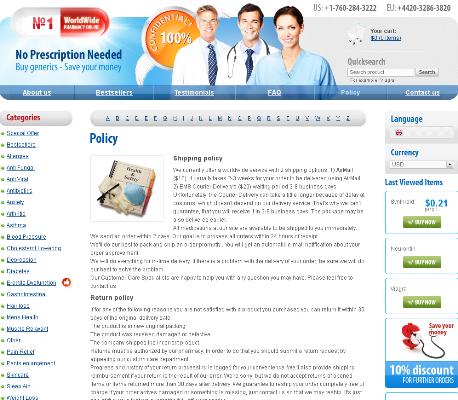Provigil’s Rise: How Did It Become a Productivity Icon
Provigil, originally intended for sleep disorders like narcolepsy, quietly found a devoted following among ambitious professionals and students. The promise? More than just battling fatigue—users believed it sharpened focus, extended wakefulness, and unlocked higher levels of productivity. Headlines called it the “secret weapon” behind Silicon Valley’s relentless work ethic.
What fueled this fascination was word-of-mouth buzz and media stories celebrating its off-label use. High performers began crediting Provigil for their long work hours and creative breakthroughs, amplifying its mystique.
Yet, beneath the hype lies a complex reality about why people turn to smart drugs, and how a prescription medication crossed into mainstream conversations about productivity.
| Year | Milestone |
|---|---|
| 1998 | FDA approves Provigil for narcolepsy |
| 2000s | Media spotlight on off-label use for productivity |
| 2010s | Provigil featured in tech and academic communities |
Common Myths: Instant Genius and Superhuman Focus

Picture this: ambitious professionals, students, and entrepreneurs reaching for provigil with the hope of unlocking untapped mental reservoirs. Popular culture paints it as a miracle drug that transforms users into overnight geniuses or tireless, hyper-focused work machines. Stories circulate about tech moguls pulling all-nighters fueled by a little white pill, reinforcing the belief that provigil is the secret behind unstoppable productivity.
However, these portrayals aren’t entirely grounded in reality. While provigil may help certain users stay awake or maintain alertness, it doesn’t grant instant brilliance or supernatural abilities. The expectation of profound cognitive leaps often overshadows the more nuanced, individual-specific effects that science actually supports.
What Science Really Says about Provigil and Work
For many, provigil conjures images of instant clarity and boundless focus. But a closer look at clinical studies paints a nuanced picture. Researchers have found that provigil can improve wakefulness and alertness, especially in people who are sleep-deprived. Its effect on cognitive abilities, like memory and creativity, however, tends to be modest in healthy adults.
Some participants report a slight boost in attention span or mental stamina, but the “limitless” effect is largely myth. In controlled experiments, results often show only subtle advantages, and some users barely notice a change at all. Rather than magic, provigil may offer a marginal edge under certain conditions.
The Hidden Costs: Side Effects and Dependency Risks

For many, the allure of Provigil lies in its promise of sharper focus and endless energy, but the flip side is less glamorous. Users often report side effects like headaches, insomnia, and increased anxiety; for some, these drawbacks overshadow any productivity gains. What starts as a quick boost can quickly turn into a reliance on the pill to get through demanding workdays.
Dependency is not just physical but psychological. As tolerance builds, users may find it difficult to work or concentrate without Provigil, blurring the line between enhancement and necessity. This subtle shift can turn a productivity tool into a persistent crutch, carrying hidden long-term consequences.
Who Actually Benefits: Stories from Real Users
For some users, Provigil has genuinely reshaped daily work routines. Take Alex, a software engineer who struggled with erratic sleep patterns; he credits Provigil for improved wakefulness during back-to-back deadlines. Others, like Sarah, a graduate student, found it helped maintain focus during exhaustive study sessions—though she notes it’s no miracle cure for procrastination.
Results, however, are not universal. Some experience only modest benefits, while others report side effects such as headaches or anxiety. Real-life experiences suggest Provigil may offer an edge for certain high-stress, sleep-deprived professionals. Still, for many, its impact falls short of the dramatic productivity boost that headlines often promise.
| User | Benefit | Limitation |
|---|---|---|
| Alex | Improved wakefulness at work | Potential headaches |
| Sarah | Enhanced study focus | No effect on procrastination |
Smart Strategies: Productivity Without the Prescription
Instead of reaching for a pill, many high performers swear by a toolbox of healthy routines. Prioritizing sleep, regular exercise, and mindful breaks boosts mental energy far more reliably than quick chemical fixes. Tools like time-blocking, the Pomodoro technique, and even brief outdoor walks can sharpen concentration without any side effects.
Integrating purpose-driven goals helps keep motivation naturally high. Many people also find that reducing digital distractions—like turning off app notifications—restores sustained focus. Over time, these habits create a solid foundation for productivity and creativity.
It’s not about willpower alone; building rituals that support steady work makes progress attainable. Small, consistent changes often deliver results that last longer than any shortcut, empowering you to do your best work every day.

